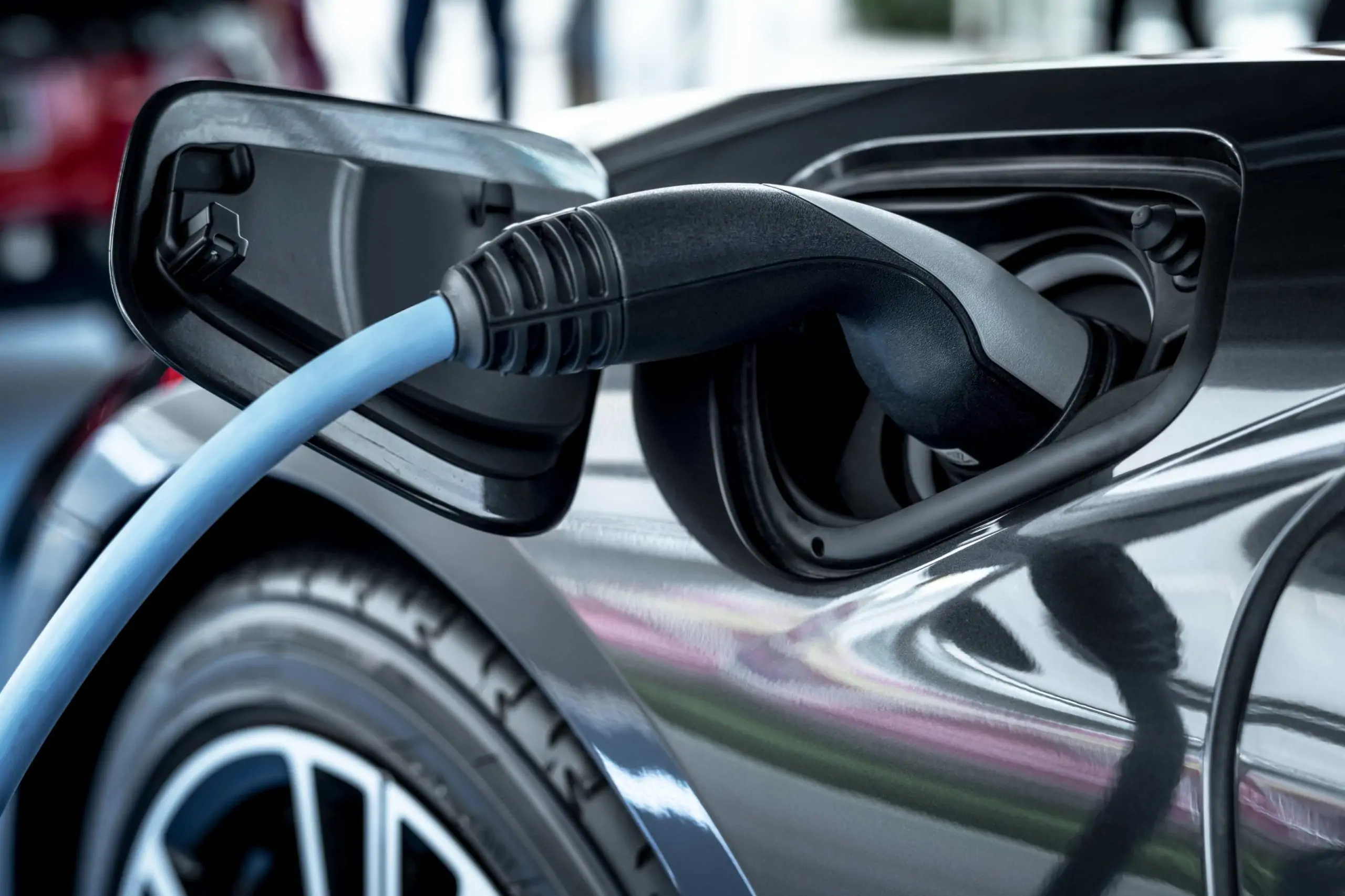If you’re managing a block with developer-fitted EV chargepoints, you may be congratulating yourself for having side-stepped the well-documented problems around installing chargers in residential blocks. In fact, you may not have got off as lightly as you thought says Jamie Willsdon.
The market for electric vehicles has really taken off in the last few years, bolstered by government grants and the drive towards net zero. And it is likely to be given even more of a boost by recent hikes in petrol and diesel prices. Identifying the opportunities presented by the expansion of this sector, EV consultant Future Fuel – part of maintenance and facilities specialist Future Group – launched in 2019 to provide chargepoint maintenance services and installation advice for residential block managers.
Developers are now expected to install EV chargers in new blocks as standard, with building regulations updated for 2022 setting out guidelines around the number of active chargers that must be provided for residents. This can mean as few as 10% or as many as 80% of parking spaces being given access to a live chargepoint. However, despite specifying that chargepoints must be made available to residents, the guidelines fall short when it comes to detailing how those chargers should be maintained or how the cost of the electricity supplied to them should be dealt with.
As a result, Future Fuel is now seeing problems with the charging infrastructure at the sites it visits. Issues that originate from the development stage are becoming more common in leasehold blocks and it is apparent that more work needs to be done to help both developers, and further down the line property managers, to understand the issues surrounding the provision of EV chargepoints.
These are some of the problems that are now coming to light.
- Design/ location of chargers
Chargepoints are often installed in the parking spaces that are located nearest to the electrical supply. This seems logical – but no attention is being paid to the fact that parking bays are generally demised to residents under their lease and they may not be the leaseholders who own an electric vehicle. Those without EVs have chargers in their assigned bay and vice versa. Parking is already a hugely emotive topic for leaseholders – it shouldn’t be exacerbated by residents having to negotiate with their neighbours in order to charge their car.
- Chargers are left open to use
Developers frequently install the type of chargepoint that a homeowner would have in their driveway – directly connected to their electricity supply and open to anyone to use. This is not normally a problem in a domestic situation because you would be likely to notice a strange car parked in your driveway, connected to your chargepoint. Someone would need a lot of front to abuse a home-installed charger in this way. Not so in a block of flats. If chargers are left open, without a smart billing system in place, the electricity is effectively free at the point of use. This means that all residents, regardless of whether or not they have an EV themselves, are unknowingly paying an additional charge for someone else’s electricity usage. With the cost of energy surging, this situation is unlikely to make the property manager in charge of the block very popular. It needs immediate investigation so that a solution to ensure correct billing can be put in place at the earliest opportunity.
- Lack of maintenance
EV chargepoints are high-powered electrical installations and need regular maintenance. Like any communal electricity supply, systems must be tested and confirmed safe for continued use. There is a general lack of knowledge among block managers around this issue, and there is frequently no cleaning or regular planned maintenance schedule in place. This is crucial if residents are to be kept safe and charger performance maximised.
- Finding solutions
It is absolutely clear that money is being wasted and compliance with health & safety – although not specifically regulated for the use of chargepoints – is not being properly considered. So what’s the solution?
Future Group hopes that the Government will recognise the problem and make changes to the building regulations, providing clear specifications around charger installations for block managers. In the meantime, property managers are encouraged to review and evaluate their chargepoint infrastructure, and to invest in a survey to detail their existing chargers and to make recommendations around system security and maintenance.
There is funding available this year that property managers may be considering taking advantage of if they are operating blocks without chargers already in place. Should they do so, it is vital that they install and maintain their EVC infrastructure correctly, minimising wasted energy, cutting any additional cost to residents – and keeping the hassle factor to a minimum.
Do you have a project we could help with?
Get in touch: info@future-group.uk
T: 020 3826 9999
20/04/2022
